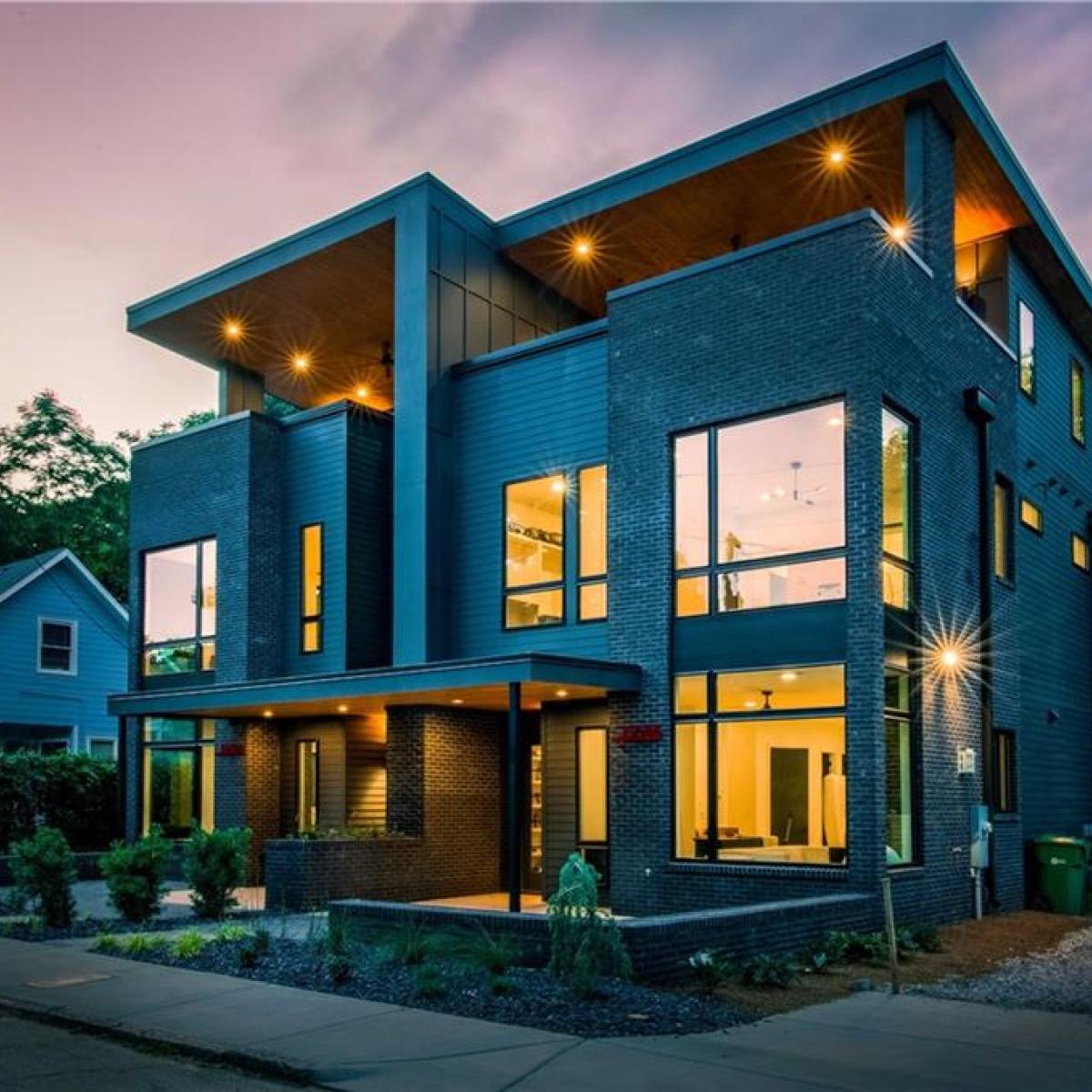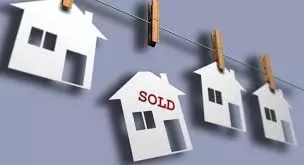Exploring Different Types of Home Loans: Which is Right for You?

When it comes to buying a home, one of the most important decisions you'll make is choosing the right type of home loan. With so many options available, it can feel overwhelming, but understanding the differences between them will help you make an informed decision that suits your financial situation and long-term goals. Let's dive into the most common types of home loans and explore which one might be the best fit for you!
1. Conventional Loans
A conventional loan is a mortgage that is not insured or guaranteed by the federal government. These loans typically require a higher credit score and a larger down payment compared to government-backed loans.
Pros: Lower overall borrowing costs, flexible terms (fixed or adjustable rates), and no private mortgage insurance (PMI) if you put down at least 20%.
Cons: Stricter credit and income requirements and higher down payments.
Best For: Buyers with a strong credit history and a substantial down payment who want flexible loan terms and potentially lower costs.
2. FHA Loans
Federal Housing Administration (FHA) loans are government-backed mortgages designed to help first-time homebuyers or those with lower credit scores.
Pros: Lower down payments (as low as 3.5%), more lenient credit score requirements, and competitive interest rates.
Cons: Requires mortgage insurance premiums (MIP) for the life of the loan if the down payment is less than 10%.
Best For: First-time homebuyers or those with less-than-perfect credit who need a lower down payment option.
3. VA Loans
VA loans are available to eligible veterans, active-duty service members, and certain members of the National Guard and Reserves. These loans are backed by the Department of Veterans Affairs.
Pros: No down payment required, no PMI, and competitive interest rates.
Cons: Only available to eligible military members, veterans, and their families, and may require a funding fee.
Best For: Veterans and active-duty service members looking for a zero-down payment loan option with lower overall costs.
4. USDA Loans
The United States Department of Agriculture (USDA) offers loans to encourage homeownership in rural areas. These loans are designed for low-to-moderate-income buyers.
Pros: No down payment required, low-interest rates, and flexible credit requirements.
Cons: Only available in designated rural areas, income limits apply, and requires mortgage insurance.
Best For: Buyers looking for affordable homeownership options in eligible rural areas.
5. Jumbo Loans
Jumbo loans are for home purchases that exceed the conforming loan limits set by the Federal Housing Finance Agency (FHFA). These loans are used to finance high-value properties.
Pros: Allows buyers to purchase high-value properties, competitive interest rates for qualified borrowers.
Cons: Higher interest rates, stricter credit requirements, and larger down payments.
Best For: Buyers looking to purchase a luxury or high-value home that exceeds the conforming loan limits.
6. Adjustable-Rate Mortgages (ARMs)
Adjustable-rate mortgages (ARMs) have interest rates that change over time, typically after an initial fixed-rate period.
Pros: Lower initial interest rates and payments, which can be beneficial for those who plan to sell or refinance before the rate adjusts.
Cons: Unpredictable future payments, which could increase significantly if market rates rise.
Best For: Buyers who plan to sell or refinance before the adjustable period begins or those comfortable with the risk of fluctuating rates.
7. Fixed-Rate Mortgages
A fixed-rate mortgage has an interest rate that remains the same for the entire term of the loan, offering predictable payments.
Pros: Consistent monthly payments and protection against rising interest rates.
Cons: Higher initial rates compared to ARMs, and less flexibility if market rates decrease.
Best For: Buyers who value stability and plan to stay in their home for the long term.
Which Loan is Right for You?
Choosing the right home loan depends on various factors, including your financial situation, credit history, and long-term plans. Here are some questions to consider:
How long do you plan to stay in the home?
If you're planning a long-term stay, a fixed-rate mortgage might offer peace of mind. If you're thinking shorter term, an ARM could save you money in the initial years.
What is your financial situation?
If you have a strong credit history and a significant down payment, a conventional loan could be ideal. If not, government-backed loans like FHA or VA might offer better terms.
Are you eligible for specific loan types?
Veterans may find VA loans particularly advantageous, while those in rural areas might benefit from USDA loans.
Final Thoughts
Navigating the world of home loans can seem daunting, but understanding your options and what each type offers will help you make the best decision for your unique situation. Remember, there's no one-size-fits-all solution. It’s essential to consult with a knowledgeable mortgage advisor or real estate professional to explore your choices and determine which loan will help you achieve your homeownership dreams.
Happy house hunting.
Recent Posts

Feeling Unsure About Real Estate in 2026? You’re Not Behind — You’re Being Thoughtful

Real Estate Investing in 2026: Smart Moves Still Exist—If You Know Where to Look

Buying a Home in 2026: What No One on Social Media Is Explaining Clearly

New Year, New Move: Why January 2026 Is the Smartest Time to Start Your Real Estate Journey

Black Friday? How About Black & Gold... Your Home & Wealth Strategy for 2026

Traditions Need a Space: The Power Move to Homeownership Before Holiday Chaos

Gather, Give Thanks & Grow: Why This Buyer Season Has Opportunity!

Stuffing, Sweet Potatoes & Strategy: How Fall Listings Give Sellers an Edge

Home Is Where the Hearth (and the Equity) Is: Getting Thanksgiving-Ready in Real Estate

How Buyers Can Be Successful in Today’s Market

